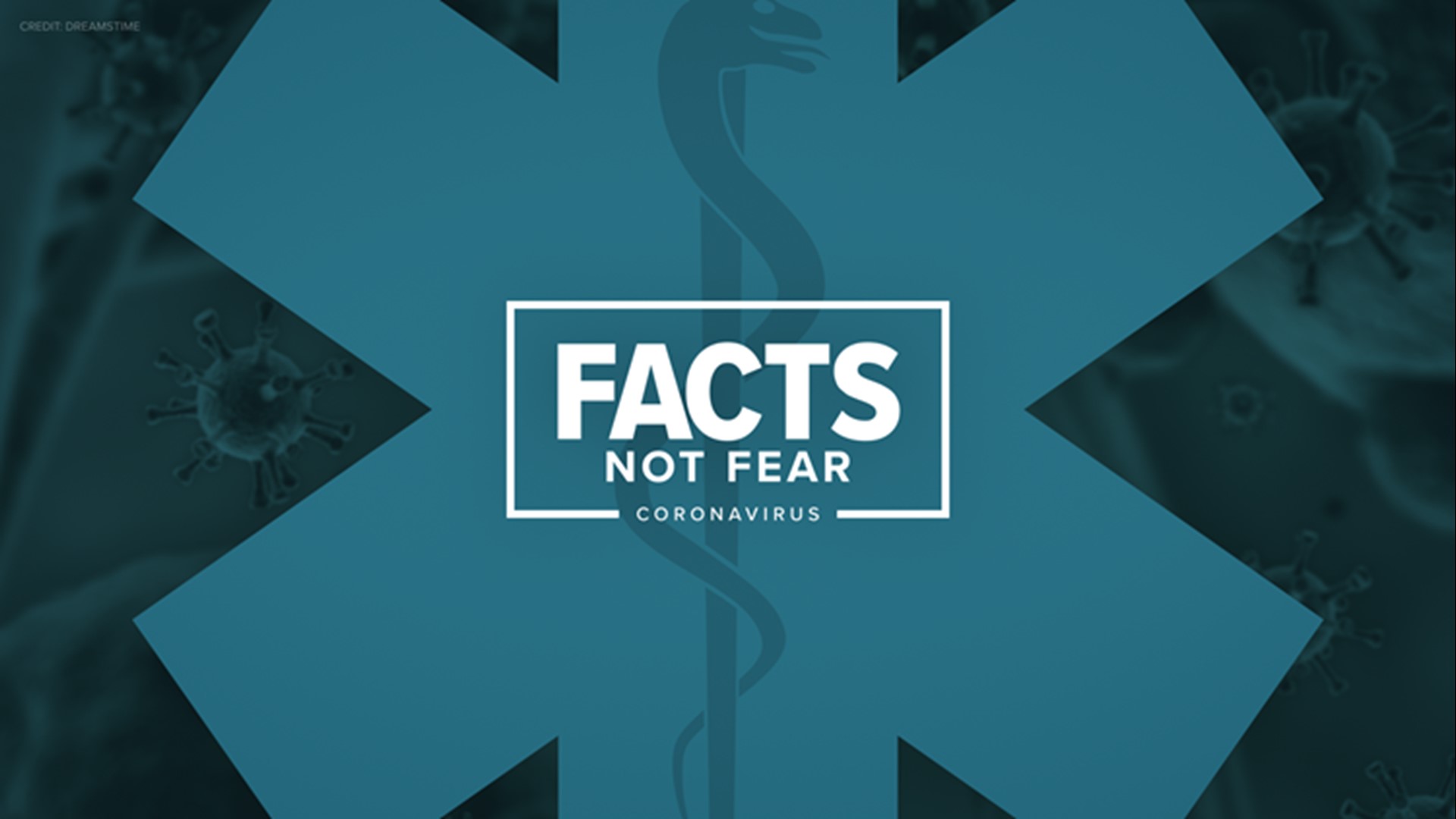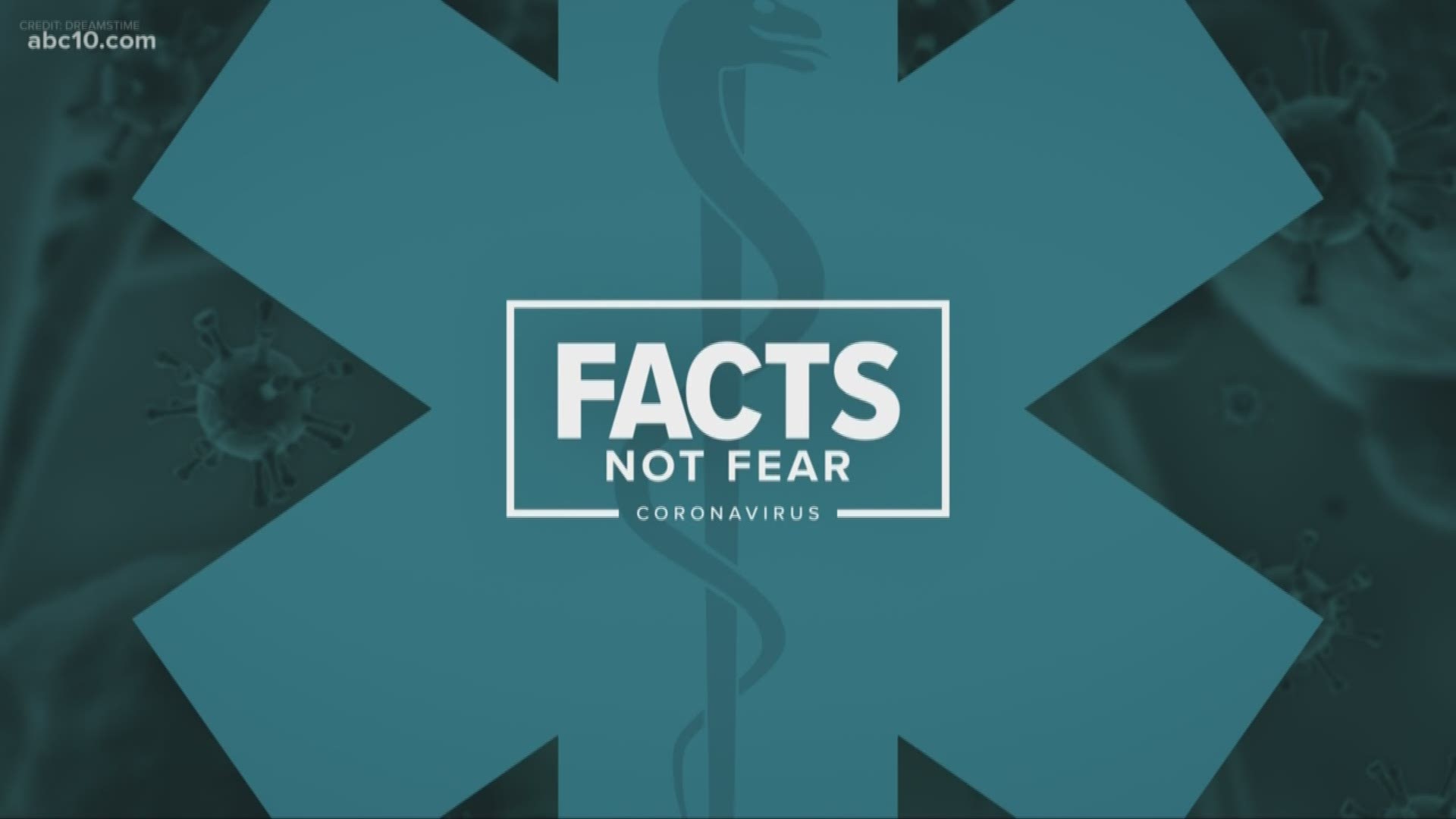Here are the latest updates on coronavirus and how local governments are responding to the illness, with a focus on California for Thursday, April 23.
CALIFORNIA STATUS UPDATE
The California Department of Public Health reports:
- Confirmed cases: 37,369
- 1,469 deaths
- 22 state and county labs processing tests for COVID-19.
- Click here for complete information on coronavirus, unemployment, and more from the state of California.
LATEST DEVELOPMENTS
- California's ambitious virus test goals face short supplies: California is grappling with significant hurdles in its ambitious efforts to ramp up coronavirus testing. Gov. Gavin Newsom's goal to reach 60,000 tests per day before he'll consider easing stay-at-home orders face challenges that have existed since the early days of pandemic. There are bottlenecks in the supply chain and delays in getting test results. Even as Newsom announced that he had secured a promise Wednesday from President Donald Trump for ample swab supplies, he said other shortages remain.
- California cities: Virus could mean $6.7 billion in losses: California's 482 cities say they will collectively lose $6.7 billion over the next two years because of the coronavirus. The League of Califonria Cities says most cities will have to layoff workers and cut basic services. The city of Yountville is located in California's wine country and gets 74% of its money from sales and hotel taxes. Mayor John Dunbar says the city expects to lose 60% of its revenue in its upcoming budget. Grass Valley Councilwoman Jan Arbuckle said the city will likely have to cut public safety spending if the coronavirus restrictions continue much longer.
- California suspends 10-cent grocery bag charge amid virus: Californians won't be charged 10 cents per bag at the grocery store and retailers can again hand out thinner, single-use plastic bags under an executive order signed Thursday by Gov. Gavin Newsom. It's a change that major retailers have wanted for weeks. Many grocery stores have stopped letting customers bring in reusable bags over fears of spreading the new coronavirus. Newsom's executive order also lifts the ban on stores handing out single-use plastic bags for 60 days. State law requires stores that do hand out plastic bags to give ones that can be reused.
- Conservative group sues to stop California aid to immigrants: A conservative organization is asking the California Supreme Court to block the state's first-in-the-nation plan to give money to immigrants living in the country illegally who are hurt by the coronavirus. The Center for American Liberty argued on behalf of two long-shot Republican legislative candidates that the $75 million plan is barred by state and federal law. The money is to be distributed through nonprofit groups, to protect recipients from providing personal information that might increase their danger of being deported. The legal challenge argues that the plan is barred by the state Constitution's prohibition on giving gifts to organizations outside of the state's exclusive control.
- Governor Gavin Newsom once again spoke of California's deadliest day on Thursday, saying 115 lives were lost to COVID-19 in the last 24 hours. The 115 lives mark an 8.5% increase compared to the day before. The number of cases in the state has also gone up by 5.6% There is some good news to report however. Hospitilizations are down .4% and ICU cases are down 1.2% in California. This is the second report in a row showing both numbers down at the same time, Newsom said.
- Community parks, restrooms, and playgrounds in Stanislaus County will again be open to the public beginning Friday, April 24, according to the county office of emergency services. Playgrounds are not being disinfected and restrooms are only cleaned and disinfected twice per week, according to county officials. “Use at your own risk,” a Facebook post reads from the Stanislaus County Parks and Recreation Department. The post suggests anyone who uses the parks to “continue to practice social distancing and all other guidelines put in place by the State of California in order to prevent the spread of COVID-19.”
- The number of confirmed coronavirus cases in Sacramento County is up to 987 with 41 deaths attributed to the disease, according to the public health department. Thursday’s numbers reflect an increase of 16 cases and five additional deaths. All the deaths, so far, have been from patients who are either 65 years or older and/or those who had underlying health conditions, health officials said. The majority of the cases in the county (428) are people between the ages of 18 and 49. The latest numbers included six people in this age group.
- Tracy high school seniors could have graduation ceremony in August: In a notice to students and families, Brian Stephens, Superintendent for Tracy Unified School District, said the district is looking into plans for an in-person graduation ceremony in the first week of August. This depends on whether coronavirus restrictions allow for it. If coronavirus restrictions are in place on July 1, the district will look toward an alternative plan.
- US judge denies bid to open California churches in pandemic: A federal judge on Wednesday says he will deny a bid by three Southern California churches to hold in-person church services during the pandemic. He says government's emergency powers trump what in normal times would be fundamental constitutional rights. U.S. District Judge Jesus Bernal in Los Angeles said he will reject the temporary restraining order the churches sought against Gov. Gavin Newsom and other officials. They argued that the state's stay-at-home orders violate the First Amendment right to freedom of religion and assembly. An attorney for the churches says it is not yet clear if or when the churches will appeal.
- Sacramento Pride postponed indefinitely: The Sacramento LGBT Community Center says Sacramento Pride, along with other fundraising events and the annual queer youth prom are not possible this year and pose too much risk to public health and safety due to the coronavirus pandemic. “This was not an easy decision, as events like Pride and Q-Prom provide safe and affirming spaces that demonstrate the value of inclusion and celebrate progress toward equity and social justice. Community’s health is of paramount importance however and we could not move forward with events that could pose a risk to tens of thousands of people, especially for the most marginalized in our community including queer and transgender Black folks, LGBTQ elders, those living with HIV, cancer, or immunodeficiencies who are at increased risk,” said David Heitstuman, CEO of the Center. The center is still looking for ways that will let them celebrate Pride remotely, and asks people to "stay tuned" for a virtual Global Pride on June 27.
OUR MISSION: FACTS NOT FEAR
Coronavirus Background
According to the CDC, coronavirus (COVID-19) is a family of viruses that is spreadable from person to person. Coronavirus is believed to have been first detected in a seafood market in Wuhan, China, in December 2019. If someone is sick with coronavirus, the symptoms they may show include mild to severe respiratory illness, cough, and difficulty breathing.
Currently, there is no vaccine; however, the CDC suggests the following precautions, along with any other respiratory illness:
- Avoid close contact with people who are sick.
- Avoid touching your eyes, nose, and mouth.
- Stay home when you are sick.
- Cover your cough or sneeze with a tissue, then throw the tissue in the trash.
- Clean and disinfect frequently touched objects and surfaces using a regular household cleaning spray or wipe.
- Wash your hands with soap and water for a minimum of 20 seconds.
WHY HEALTH OFFICIALS ARE SO CONCERNED
Some people have compared the low overall death toll to the flu's high annual death toll in the United States as a reason not to be concerned about COVID-19, however, doctors and health officials are concerned for three main reasons:
- Some people have built up immunity to the flu, but few have immunity to COVID-19 version of coronavirus.
- Both the flu and COVID-19 are spread by droplets, but COVID-19 might be spread in the air. Scientists are researching exactly how COVID-19 spreads.
- The CDC recommends wearing cloth face coverings in public where social distancing measures would be difficult to maintain, like at a grocery store or pharmacy.
LEARN MORE ABOUT THE STIMULUS PACKAGE:
FOR NEWS IN YOUR COMMUNITY, DOWNLOAD OUR APP:
►Stay In the Know! Sign up now for our Daily Blend Newsletter




